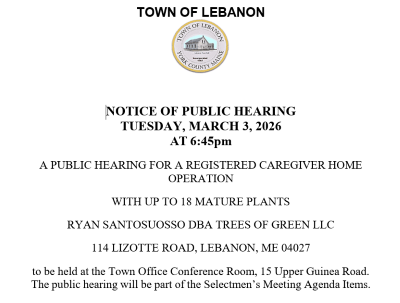At some point in your life, you have probably met a dog that has passed the Canine Good Citizen test. The Canine Good Citizen test, or CGC, is organized by the American Kennel Club and is a certification to recognize canine good manners. As part of the certification, dogs need to complete a test consisting of ten parts:
- Accepting a friendly stranger - the dog must be comfortable allowing a friendly stranger to approach the handler. The stranger will ignore the dog and the dog must show no signs of aggression or shyness.
Sitting politely for petting - the dog must allow the friendly stranger to pet him or her
- Appearance and grooming - in addition to the dog being in good health and physical condition, the dog must also allow someone to lightly examine him, such as touching his ears and feet
- Walking on a loose lead - during this test, the handler must demonstrate he or she is in control of the dog at all times. The dog cannot pull on the leash and must follow the handler's lead, including making turns and stopping.
- Walking through a crowd - this test is used to determine if a dog can walk with his or her handler politely through a crowd of people. The dog cannot be overwhelmed or overexcited by the crowd and should be under control at all times.
- Sit and down on command - without the handler touching the dog, the dog must respond to the handler's commands both for "sit" and "down" and then stay in one of those positions until released.
- Coming when called - the dog must stay in one place while the handler walks 10 feet away and then come when called.
- Reacting to other dogs - the dog and handler will be approached by another dog and handler. The dog must have no greater reaction than a casual interest in the other dog.
- Reacting to distraction - the evaluator will present two different distractions (such as dropping an object) and the dog must not respond in a scared or aggressive manner.
- Reacting to separation while supervised - the handler must leave the dog with the evaluator for three minutes and, while the handler is out of sight, the dog must not bark, whine, or pace.
For some dog owners, passing the CGC test is the end goal for their pet's training. For others, the CGC test is just the beginning. If you're interested in pursuing further training with your dog, such as obedience or agility, the CGC provides a great foundation to build on. Some volunteers at Cocheco Valley Humane Society have started with the CGC test and moved on to therapy dog certification. CGC certified dogs have also been part of our humane education programs, serving as ambassadors for the shelter and greeting animal lovers of all ages in the community.
If you're interested in pursuing the CGC certification, start by taking training classes with your dog. Remember that the CGC test involves a lot of distractions and interactions with other people and dogs, so training your pet solely at home without exposing him to lots of different people and situations will not help him pass the test.
Once you are ready to take the test, there are several different options. If there is an American Kennel Club located near you, you can complete the test (and training) there. If there is no AKC group located near you, there are many individual evaluators throughout each state that can perform the test. Most towns have someone that can serve as an evaluator but, if yours does not, there is likely someone in one of the surrounding towns. CGC is sometimes offered during special events for animal shelters or other pet-related clubs or organizations, as well
For more information about the Canine Good Citizen test, including further descriptions of the test components, training basics, and a listing of evaluators in each state, visit the CGC portion of the American Kennel Club website at http://www.akc.org/dog-owners/training/canine-good-citizen/
Alaina Goodnough is the Promotions Coordinator at Cocheco Valley Humane Society in Dover, NH. She lives in Sanford, ME with two parrots, a cockatoo, a cat, and two dachshunds. She can be reached at CVHS at devassist@cvhsonline.org. To learn more about Cocheco Valley Humane Society, go to www.cvhsonline.org or call 603-749-5322.














